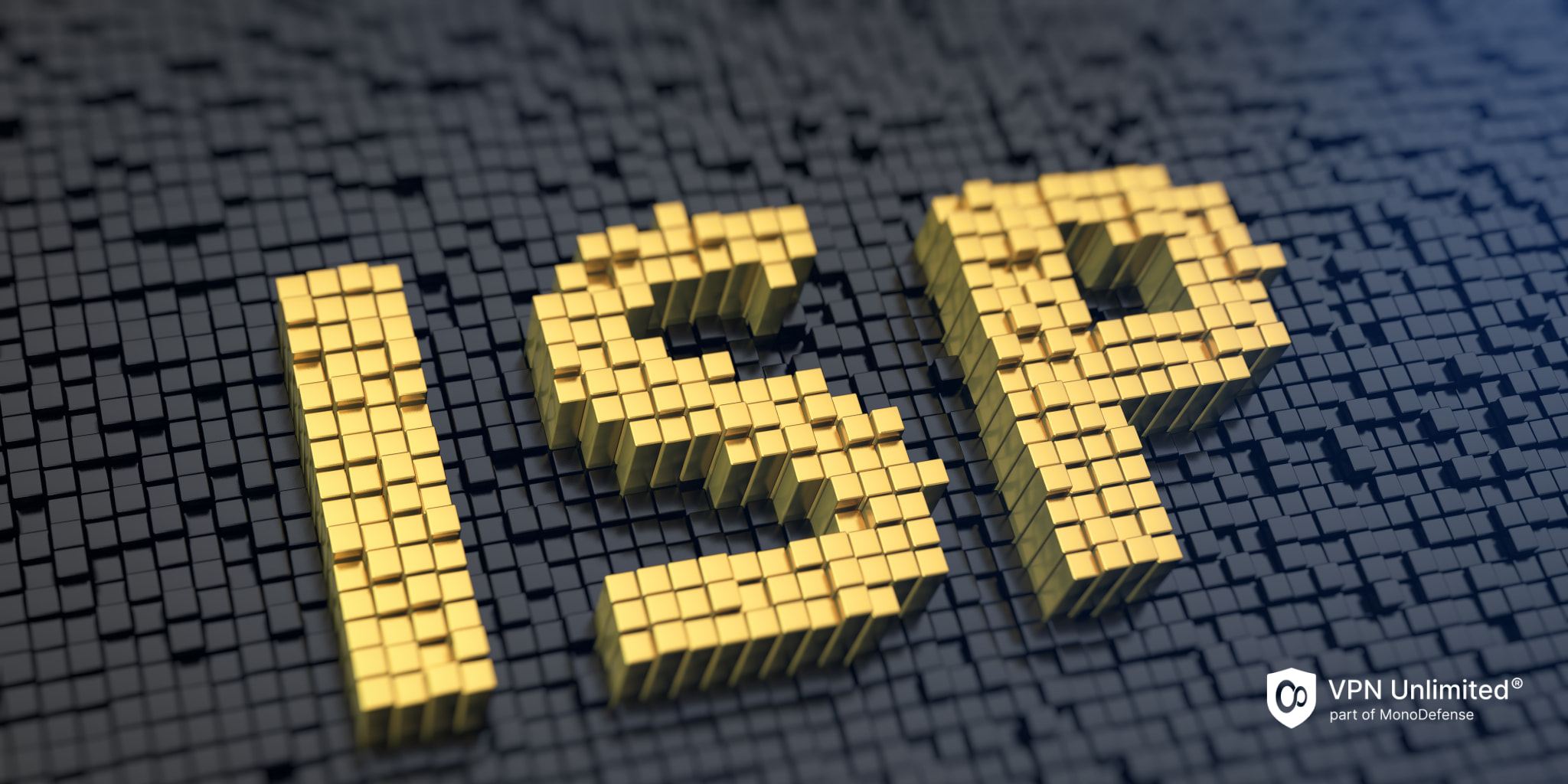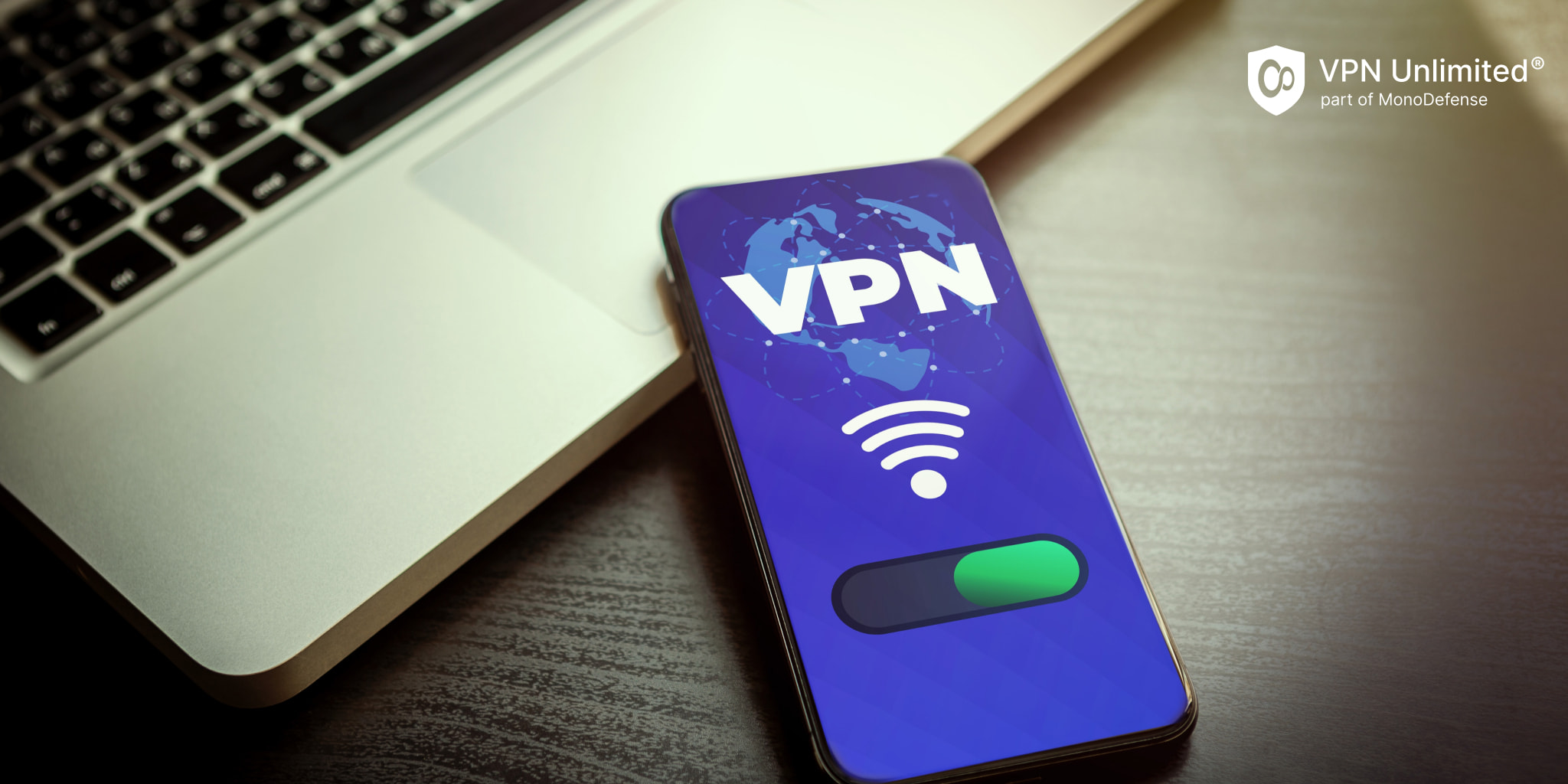How to Bypass ISP Blocking of VPNs

In an era where internet privacy and unrestricted access have become pivotal, the term 'ISP blocking VPN' has emerged as a significant concern among netizens. As ISPs intensify their scrutiny and impose restrictions, the importance of understanding and bypassing these blocks has never been more critical. This comprehensive guide aims to provide you with detailed insights and practical solutions to overcome ISP VPN blocks.
The Rise of ISP VPN Blocking
The concept of 'ISP blocking VPN' services is rooted in the ISPs' ability to control and monitor internet traffic. This control is often exercised to enforce geographical content restrictions, comply with state censorship laws, or curb illegal activities. However, it also infringes on user privacy and unrestricted access, prompting many to seek VPN services as a solution.
Understanding How ISPs Block VPNs

To effectively bypass these blocks, one must first understand how they work. ISPs primarily use methods like deep packet inspection (DPI), port blocking, and IP blacklisting to detect and restrict VPN traffic. DPI involves analyzing the data part of a network packet (as opposed to just the header), which helps ISPs identify, classify, and manage data based on specific criteria. Port blocking and IP blacklisting are more straightforward, where ISPs restrict traffic to known VPN ports or block IPs associated with VPN servers.
Strategies to Bypass ISP VPN Blocks
Switching VPN Protocols
The first step in bypassing an 'ISP blocking VPN' scenario is to switch VPN protocols. While traditional protocols like PPTP or L2TP are easily detectable, newer ones like WireGuard, SSTP, or IKEv2 offer better chances of evasion.
Utilizing Obfuscated Servers
These servers are specially configured to mask VPN traffic, making it appear like regular internet traffic. This camouflage makes it challenging for ISPs to detect and block the VPN.
Changing Ports
VPNs typically use specific ports, which are often targeted by ISPs. By changing the VPN port to one commonly used for regular traffic (such as port 443 for HTTPS traffic), you can bypass ISP filters.
Dedicated IP Addresses
Shared IPs are easy targets for ISPs. Using a VPN with a dedicated IP address reduces the likelihood of being flagged and blocked by ISPs.
SSL/TLS Tunneling
This method involves wrapping your VPN connection within a layer of SSL or TLS encryption (the same type used by secure websites). This extra layer makes it harder for ISPs to pinpoint VPN traffic.
Use of Shadowsocks
Originally designed to evade heavy internet censorship, Shadowsocks is an open-source encrypted proxy. It's less likely to be detected by ISPs compared to traditional VPNs.
L2TP Over IPSec
Layer 2 Tunnel Protocol (L2TP) combined with IPSec encryption is another method that can help bypass ISP restrictions. This combination provides double-layer security, making it harder for ISPs to block.
Choosing the Right VPN Provider

In the context of 'ISP blocking VPN', not all VPN providers are created equal. Select a VPN provider that offers:
- A range of protocols, including obfuscated servers.
- Regularly updated server IPs.
- Strong encryption standards.
- Dedicated IP options.
- A proven track record of bypassing ISP blocks.
- In the context of 'ISP blocking VPN', VPN Unlimited stands out as a reliable option, offering both versatility and security, crucial for navigating the complex landscape of internet censorship and ISP restrictions.
Legal and Ethical Considerations
Bypassing ISP blocks, while technically feasible, may have legal implications depending on your jurisdiction. It's crucial to be aware of your country's laws regarding VPN use and internet censorship before attempting to bypass ISP blocks.
The Future of Internet Freedom
As technology evolves, so do the methods of censorship and surveillance. The battle between internet freedom and control is ongoing, and staying informed is key. VPNs continue to play a pivotal role in this battle, offering a beacon of hope for unrestricted internet access.
Conclusion
Bypassing ISP blocking of VPNs is more than just a technical challenge; it's a step towards maintaining internet freedom and privacy. By understanding how ISPs block VPNs and implementing the right strategies, users can continue to enjoy an open and free internet. Remember, the effectiveness of these methods can vary based on your ISP and location, so it's essential to choose a VPN provider that aligns with your specific needs.